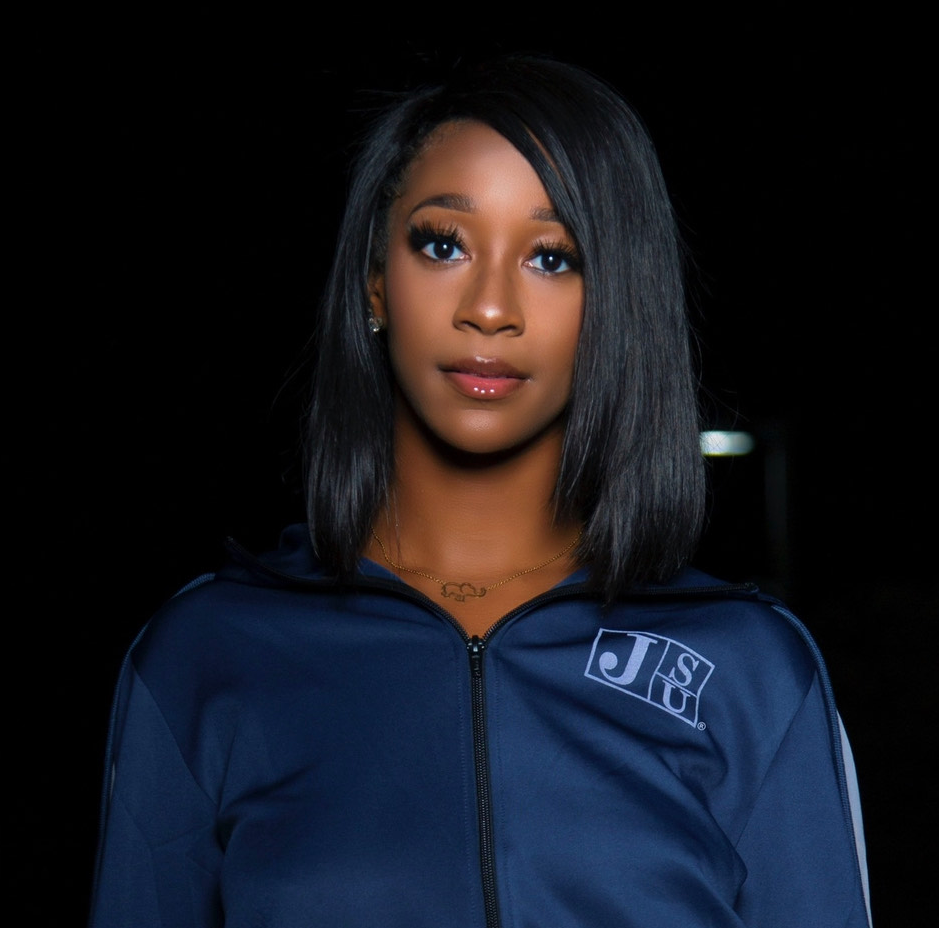![]()
[hr]Although 1,500 miles apart, Jackson State University and the University of Vermont (UVM) have joined forces to study the dangers of lead in an online partnership during the COVID-19 pandemic.
The two institutions are polar opposites, geographically and demographically. JSU is an HBCU while the Burlington university in the Northeast is predominately white. Nevertheless, an idea that was forged many years ago has finally came to fruition as revealed in a PSA in which JSU student Kayla Gorden warns her hometown community in East Atlanta, Georgia, about lead.

Gorden, a civil engineering senior, developed the PSA with a UVM student. Both were involved in a summer class through UVM that studied lead pollution. She was also featured in a story by a television station in Vermont.
“I didn’t know how bad of a toxin it was until I took the class,” Gorden said. “And then I did more research just on my neighborhood, just because it is a predominately Black neighborhood that I live in, and there’s so much old lead paint around us.”
Student interactions
Dr. Loren White, a meteorology professor at JSU, said, “So much of the best of the college experience goes beyond purely academic exercises as young adults learn how to interact professionally in diverse and unfamiliar contexts.”
Additionally, he said, “The great thing that really excites me about JSU doing the online environmental lead and climate courses together with Vermont is that it not only links them to the world but they also can tie in what they’re learning with conditions in the communities that they come from.”
Reportedly, the New England institution said the topic of lead was no accident. UVM geology professor Paul Bierman was inspired by the ongoing water crisis in Flint, Michigan, along with Burlington’s efforts to remove lead from its older housing stock.
“Lead is really interesting because it allows us to address not only science – environmental science issues – but a lot of environmental injustice issues, especially racial injustice issues,” Bierman said. “Students of all colors, all backgrounds, all races, all income levels can all look at this same contaminant and see it differently,” Bierman said. “This never would have happened if we had not gone remote.”
COVID-19 influences remote partnership
Vermont’s CBS-affiliate WCAX reported that the two institutions have been in talks for years about a partnership, but they were hampered because of the administrative and the financial hurdles of sending students traveling back and forth. Oddly, the COVID crisis was the silver lining that made the remote partnership possible.
The report also said the three-week online course was hands-on and provided equipment for students such as Gorden. Via video lectures, teachers showed them how to take water samples that were mailed to UVM. Bierman ran the samples and sent the results back to students to analyze. He discovered that when students took the science to their own neighborhoods they were more engaged, and the data were more diverse.
Meanwhile, Gorden said she’s now considering UVM as a potential spot for graduate work.
“I can say that I enjoyed getting that different style of learning, being in a classroom of people who are different than me. I would definitely do it again,” she said.
Because of the success, both institutions may begin examining a long-term partnership.






